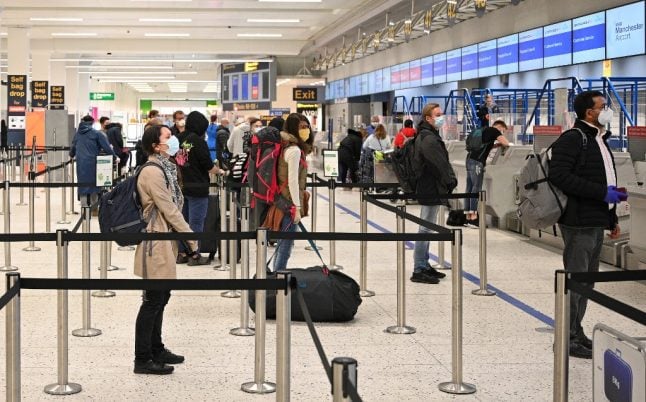The date for quarantine to be lifted was initially scheduled to be July 6th but the UK’s Department for Transport announced on Thursday it had been pushed back to July 10th.
A full list of countries from which arrivals will no longer need to self-isolate was published on Friday (see below)
The list of nationals exempt from 14 days of self-isolation upon arrival in England included travellers from European countries such as Spain, Germany, France, Italy, Spain, Norway, Greece, the Netherlands, Finland, Belgium and Norway but not Portugal or Sweden given their recent spike in cases.
From July 10th anyone arriving in the UK by train, coach, ferry or air ill not have to enter quarantine for 14 days.
These countries will have “reciprocal arrangements” in place, meaning travellers from the UK will not have to quarantine on arrival there either. So travellers to and from France will not have to enter obligatory or voluntary self-isolation.
Some 59 countries deemed low or very low risk will be exempt from the UK's blanket quarantine rules.
The UK’s Department for Transport also said that the devolved administrations in Scotland, Wales and Northern Ireland “will set out their own approach”, meaning the quarantine lifting applied to England alone and that passengers arriving in Scotland, Wales and Northern Ireland “should ensure they follow the laws and guidance which applies there”.
The latest news from the Scottish press suggests that the 14-day quarantine will remain in place in England’s northerly neighbour after July 10th, with Scottish First Minister Nicola Sturgeon having been particularly critical of British PM Boris Johnson's approach to easing coronavirus lockdown measures.
No decision has been made on whether Wales or Northern Ireland will follow England in lifting the 14-day quarantine on July 10th.
Currently travellers arriving in England, Wales and Northern Ireland could face a fine of £1,000 (€1,100) if they fail to self-isolate for the full 14 days, and a £480 (€532) fine in Scotland.
The full list available here is:




 Please whitelist us to continue reading.
Please whitelist us to continue reading.
“Train, coach, ferry or air” – what about folk who drive and use the Channel Tunnel? That doesn’t seem to be covered by the list.